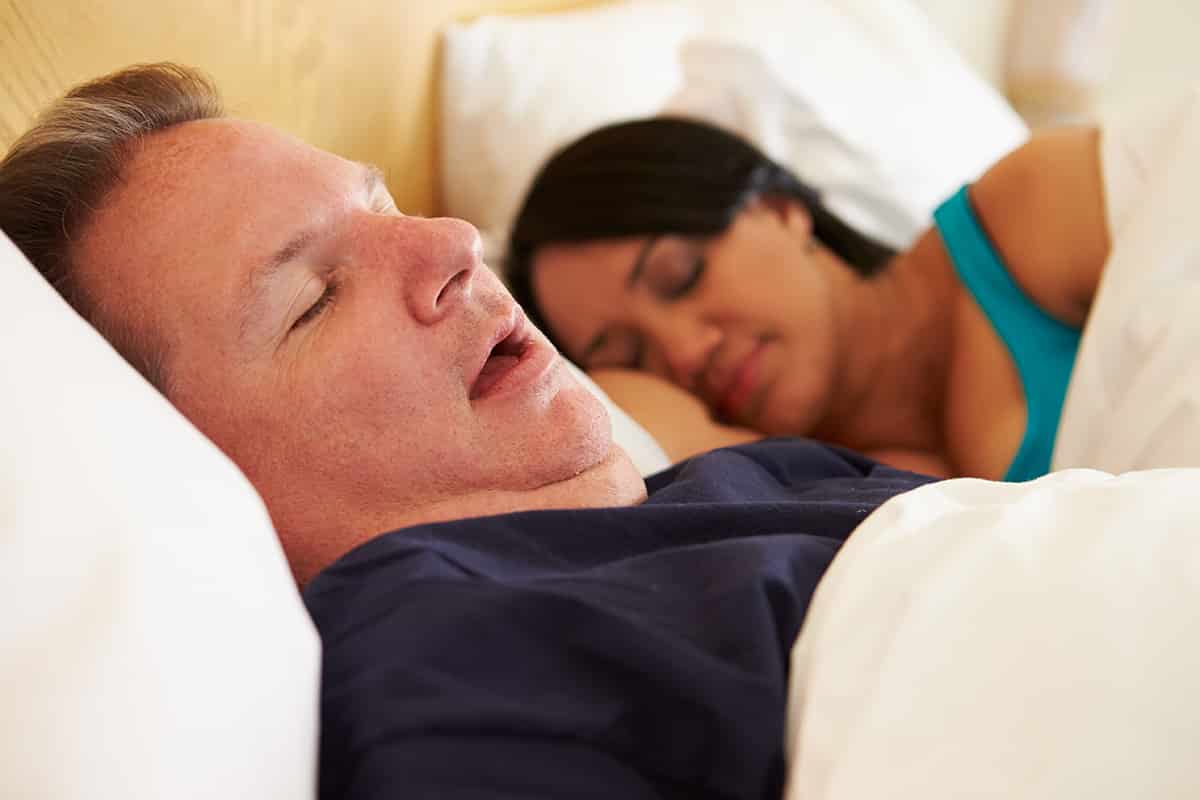You’ve heard the term “REM sleep” a lot, but what does it actually mean?
As the National Institutes of Health (NIH) website explains, there are five stages of sleep: stage 1, stage 2, stage 3, stage 4, and then rapid eye movement (REM) sleep. According to the NIH, “REM sleep makes up about 25 percent of your sleep cycle and first occurs about 70 to 90 minutes after you fall asleep. Because your sleep cycle repeats, you enter REM sleep several times during the night.”
REM sleep is named as such because it’s characterized by rapid eye movement behind closed eyelids. Medical News Today reports that, during REM sleep, our brain may be as active as when we are awake — and your dreams tend to be the most vivid during REM sleep.
[Editor’s Note: The information provided should not be considered a substitute for professional advice. Please consult a sleep doctor or other medical expert if you have questions related to your own health.]
 Monkey Business Images/Shutterstock
Monkey Business Images/Shutterstock
“The reason for dreaming during REM sleep is not understood,” the NIH website explains. “While some of the signals sent to the cortex during sleep are important for learning and memory, some signals seem to be random. It is these random signals that may form the basis for a ‘story’ that the brain’s cortex tries to interpret or find meaning in, resulting in dreaming.”
Harvard Medical School’s Healthy Sleep website further explains that REM sleep affects the body, too: “Interestingly, during REM sleep muscles in the arms and legs are temporarily paralyzed. This is thought to be a neurological barrier that prevents us from ‘acting out’ our dreams.”
REM sleep is important for good health. The National Sleep Foundation website says that REM sleep “is thought to be involved in the process of storing memories, learning and balancing our mood” — but the exact processes by which this happens aren’t totally clear.
Research has shown that disturbed REM sleep can have negative health consequences One study linked REM-specific sleep disturbances to an increased risk of developing dementia, and another study found a connection between REM sleep deprivation and developing migraines.
[Editor’s Note: The information provided should not be considered a substitute for professional advice. Please consult a sleep doctor or other medical expert if you have questions related to your own health.]
Featured image: pixelheadphoto digitalskillet/Shutterstock
